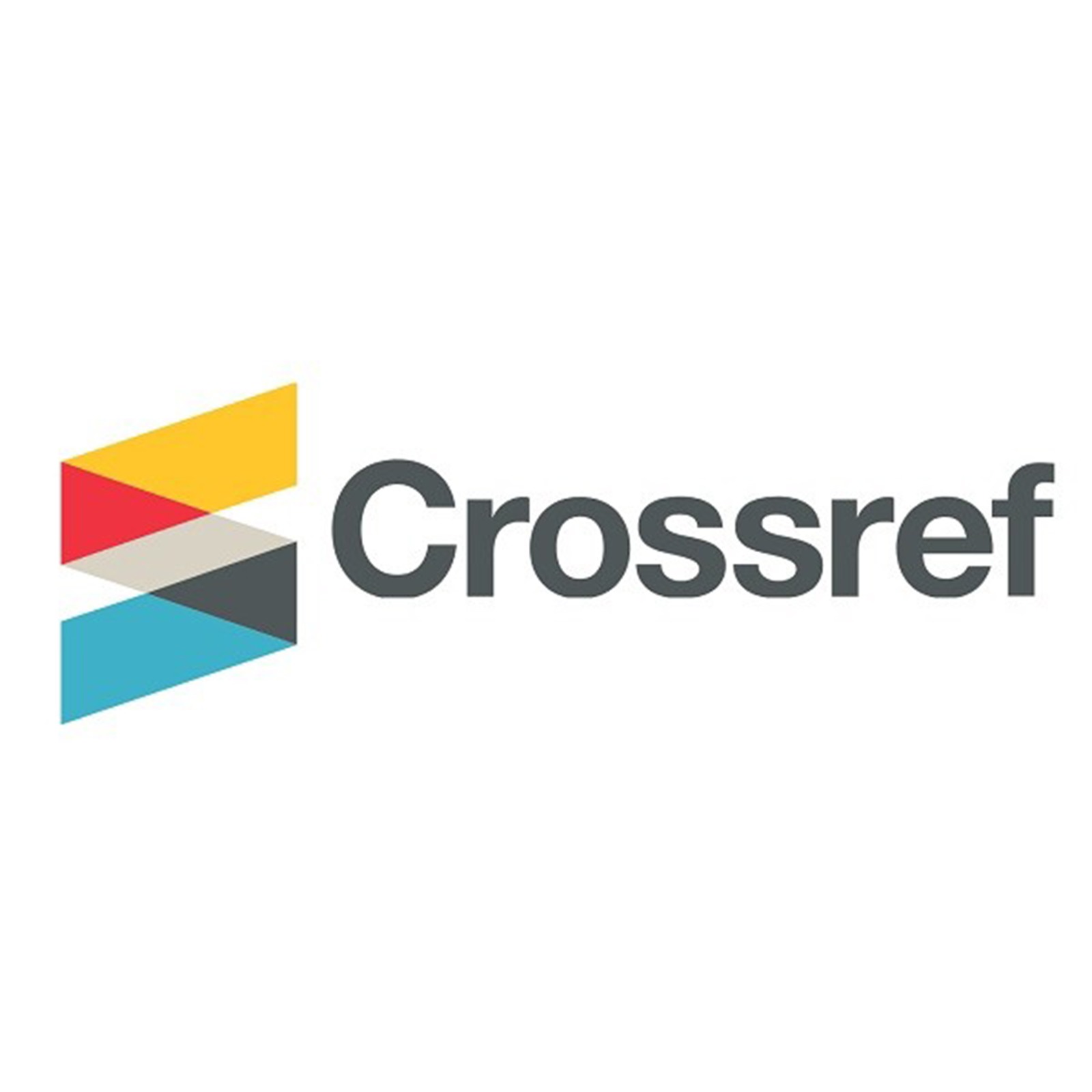Konseling Kelompok untuk Mengurangi Fenomena Fear Of Missing Out (FoMO) Remaja Kota Tegal
DOI:
https://doi.org/10.32585/advice.v4i2.2740Keywords:
bias idol, kecemasan, KoreaAbstract
Penelitian diambil karena banyaknya fenomena FoMO di Kota Tegal dimana para remaja mengalami perilaku FoMO pada idolanya ang berasal dari Korea dengan perilaku yang merasa cemas jika tertinggal inforasi dari idol tersebut sehingga mebuat reaja ingin selau terhubung dengn idoanya. Tujuan penelitian ini yaitu untuk : 1. Untuk menganalisis seberapa besar FoMO yang terjadi kepada para remaja bias idol di Kota tegal. 2. Untuk mengetahui penyebab remaja menyukai bias idol 3. Menguji apakah konseling kelompok dapat membatasi perilaku Fear Missing Out (FoMO) pada remaja di Kota Tegal. Metode penelitian yang dipilih yaitu Pendekatan Kuantitatif. Hasil penelitian dan pembahasan dalam penelitian ini adalahi: 1. Perilaku FoMO di Kota Tegal dikategorikan sangat tinggi 2. Penyebab remaja memiliki perilaku FoMO yaitu karena tidak ingin melewatkan informasi yang terbaru mengenai idola remaja tersebut sehingga menimbulkan rasa ingin selalu terhubung setiap hari dengan idolanya. 3. Konseling kelompok dapat membatasi perilaku beberapa remaja yang dipilih.Downloads
References
Alt, D., & Boniel-Nissim, M. (2018). Links between Adolescents’ Deep and Surface Learning Approaches, Problematic Internet Use, and Fear of Missing Out (FoMO). Internet Interventions, 13(May), 30–39. https://doi.org/10.1016/j.invent.2018.05.002
Bednarz, S. (2000). Geography Education Research in the Journal of Geography 1988-1997. International Research in Geographical and Environmental Education, 9(2), 128–140. https://doi.org/10.1080/10382040008667641
Casteel, A., & Bridier, N. L. (2021). D Escribing P Opulations and S Amples in D Octoral. International Journal of Doctoral Studies, 16, 339–362.
Christina, R., Yuniardi, M. S., & Prabowo, A. (2019). Hubungan Tingkat Neurotisme dengan Fear of Missing Out (FoMO) pada Remaja Pengguna Aktif Media Sosial. Indigenous: Jurnal Ilmiah Psikologi, 4(2), 105–117. https://doi.org/10.23917/indigenous.v4i2.8024
Liu, S., & Zhu, X. (2008). Designing a Structured and Interactive Learning Environment Based on GIS for Secondary Geography Education. Journal of Geography, 107(1), 12–19. https://doi.org/10.1080/00221340801944425
Magis-Weinberg, L., Ballonoff Suleiman, A., & Dahl, R. E. (2021). Context, Development, and Digital Media: Implications for Very Young Adolescents in LMICs. Frontiers in Psychology, 12(April), 1–11. https://doi.org/10.3389/fpsyg.2021.632713
Morgan, J. (2002). “Teaching Geography for a Better World”? The Postmodern Challenge and Geography Education. International Research in Geographical and Environmental Education, 11(1), 15–29. https://doi.org/10.1080/10382040208667460
OKUR, S., ACAR BULUT, Ö., & ERDEN ÇINAR, S. (2022). The Mediating Role of Social Media Usage Habits in the Relationship Between FoMO and Nomophobia. Kuramsal Eğitimbilim, 15(1), 126–145. https://doi.org/10.30831/akukeg.929847
Patterson, T. C. (2007). Google Earth as a (not just) geography education tool. Journal of Geography, 106(4), 145–152.
Ramos-Soler, I., López-Sánchez, C., & Quiles-Soler, C. (2021). Nomophobia in teenagers: Digital lifestyle, social networking and smartphone abuse. Communication and Society, 34(4), 17–32. https://doi.org/10.15581/003.34.4.17-32
Trigwell, K. (2006). Phenomenography: An Approach to Research into Geography Education. Journal of Geography in Higher Education, 30(2), 367–372. https://doi.org/10.1080/03098260600717489
Varsha, A. V., George, G., & Sahajanandan, R. (2017). Lutembacher syndrome: Dilemma of doing a tricuspid annuloplasty. Annals of Cardiac Anaesthesia, 20(4), 456–458. https://doi.org/10.4103/aca.ACA_36_17
Wu, Z., Liu, Z., Jiang, Z., Fu, X., Deng, Q., Palaniyappan, L., Xiang, Z., Huang, D., & Long, Y. (2022). Overprotection and overcontrol in childhood: An evaluation on reliability and validity of 33-item expanded Childhood Trauma Questionnaire (CTQ-33), Chinese version. Asian Journal of Psychiatry, 68, 102962. https://doi.org/10.1016/j.ajp.2021.102962
Downloads
Published
Issue
Section
License
Authors who publish with the Advice: Jurnal Bimbingan dan Konseling. agree to the following terms:
- Authors retain copyright and grant the journal the right of first publication with the work simultaneously licensed under a Creative Commons Attribution License (CC BY-SA 4.0) that allows others to share the work with an acknowledgment of the work's authorship and initial publication in this journal.
- Authors are able to enter into separate, additional contractual arrangements for the non-exclusive distribution of the journal's published version of the work (e.g., post it to an institutional repository or publish it in a book), with an acknowledgment of its initial publication in this journal.
- Authors are permitted and encouraged to post their work online (e.g., in institutional repositories or on their website) prior to and during the submission process, as it can lead to productive exchanges, as well as earlier and greater citation of published work.







